


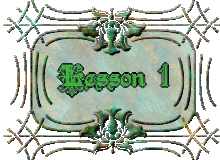

Doctrine of Signatures; Hippocrates in Greece Four Centuries Beforethe Birth of Christ; Derivations of Esoteric Knowledge from Egypt; Influence of the Babylonians and Sumerians Upon the Egyptians; Medical Knowledge of the East Indians and Chinese; Greek Culture and Medicine; Hippocratic Teachings; Galen and Greek Medicine; Celsus and Roman Medicine.

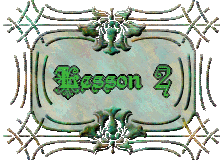

The Mohammedans; Rhazes, Haly Abbas and Avicenna; Spanish Mohammedan Doctors; Moses Maimonides; The Great Caliphs; The Arabian Nights.

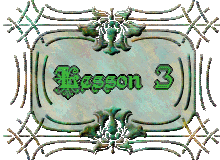

Ecclesiastical Medicine of the Middle Ages; The First Christian Hospitals; Contagious Diseases Throughout the Middle Ages; Ancient Medical Texts; Public Baths and Physic Gardens; Anglo-Saxon Therapy and Medical Manuscripts; The Leech Books of Bald; Teuton Medicine of Germany; The Medical School of Salerno; TheWelsh Physicians of Myddrai.

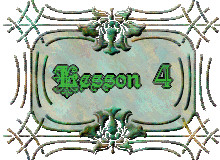

Theoprastus' History of Plants; Pliny's Natural History; The Indians Charaka and Susruta; The Chinese Pentsao; The Introduction of Printing; The De Proprietatibus Rerum; Albertus Magnus' Secrets and Physica; The Book of Nature; The Latin and German Herbariums; The Arbolayre; The Ortus Sanitatus; The Lilium Medicinae; The Rosa Anglica; The Kreuter Buch of Bock; Fuch's Historia Stirpium; Valerius Cordus' Dispensatory of Nuremberg; Turner's Great Herbal; Gesner's History of Animals; Dodoens Cruydeboeck and Pemptades; Celalpino's Quaestiones Peripateticae; The Hortus Medicus et Philosophicus; Colonna'sPhytobasanas; Parkinson's Paradise and Theatricum Botanicum.

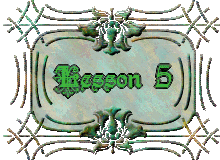

Introduction; Occult Doctrines in Herbals; Natural and Judicial Astrology; The Doctrine of Signatures; Paracelsus' Language of Alchemy; Porta's Phytognomica, De Miraculis Perum Naturalium and Villa; Cole's Nature's Paradise; Robert Turner's Botanolognia; Thurneisser's Archidoxa; Culpepper's The Physical Directory.

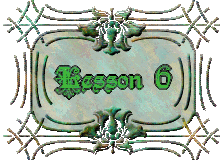

The Origins of Magic; Auto-Suggestion, Hypnotism and Psychotherapy; Forms of Magic; 13th Century Alchemists and Natural Magicians; The Knowledge of Natural Objects or Substances; Natural Magic During the Middle Ages; Symbolic Language; The Story of the Emerald Tablets; Divinatory, Sympathetic and Analogic Magic; Invocatory and Evocatory Magic; Ceremonial Magic; Plants Associated with Magical Rites; The Magic of Kirani; The Doctrine of Sympathies; Frazier's Golden Bough.

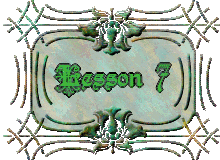

Forms of Magic for Foretelling, Divining and Inspiring the Affections; Sympathetic Magic; Love Philtres and Aphrodisiacs; The Papyrus Ebers; Renaissance Love Charms and "Goblets D'Amour"; Hoffman's "Water of Magnanimity"; French Restoratives and Truffles; Angel Water; Persian, Hindu and Sicilian Aphrodisiacs; Mid-Summer Day; Wecker's Book of Secrets; The True Fortune Teller; Ambergris, Musk and Civet; Amulets and Written Charms.

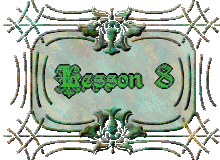

Origin of Poison Lore and Toxicology; Nicander's Alexipharmica and Theriaea; The Persian Treasury of Secrets; Ancient Hindu and Chinese Poisons; Aconite and Hemlock; Dioscorides' Materia Medica; Professional Poisoners; The Notorious "Locusta"; Knowledge of Poisons Among Primitive Races; The Scientific Study of Poisons; Poisoning Practices During the Middle Ages; Herbal Narcotics Employed as Intoxicants; Wound Drinks.

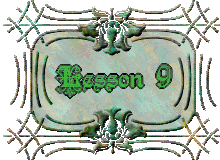

Cold Creams and Ointments; Beauty Baths and Pomatums; Whitening Powders and French Pastes; Facial Oils and Creams; Eye Make-Up and Antimonial Powders; Egyptian Henna Painting; Depilatories.

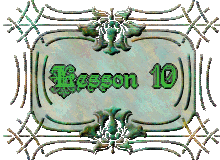

Distillation Apparatus; Egyptian Practitioners of Distillation; Arabian Distillation Practices; Distillation of Alcohol; Improvements in Spirit Distillation; Treatises on Distillation; Types of Distillation; The Curious Distillatory; Trade and Commerce During the 16th Century; Alcoholic Balms and Medical Distillates; Steam Distillation and "Stills"; "The Divine Cordial"; Aromatic Waters and Collyrium.

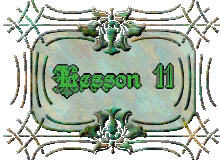

The Art of Extracting Scent from Flowers; Scent-Blenders; 'Eau de Cologne'; Perfumery as an Art Form; The Values of Scent; Pomanders, Goa Stones and Potpourris; Greek and Roman Affinity of Perfumes; Origins of Egyptian Perfumes; Chinese, Babylonian, Assyrian, Persian, Syrian and Chaldean Perfume-Making; EssentialOils and Flower Essences; Scented Pomades.

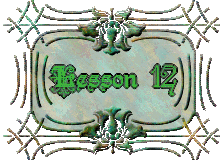

Effects of Odors; The Role of Perfumes and Fumigations in Evocatory Magic; Ancient Use of Incense; Association of Incense and Perfumes with Various Religions.

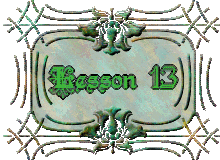

Ancient Quackery and Patent Medicines; Secret Medicines of Paracelsus; The "Weapon Ointment" and the "Sympathetic Powder"; Acts of Parliament; Nostrums and Panaceas; Anodyne Necklaces; 19th Century Quackery.

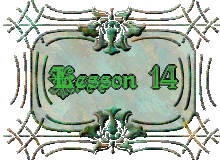

Relics of Ancient Prescriptions; Ancient Antidotes for Poisoning; TheManufacture of Theriaca; The London Treacle; Philonium and Dioscordium; The Hiera Picra of Galen; Electuaries and Confections.

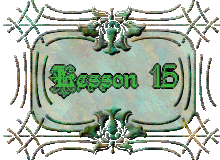

Mystery, Color, Mixture and Scent; Druggists, Ointment Makers and Herbalists; Origins of Pharmacy and Apothecary; The Grocers; TheCharter of 1617 A. D.; Recognition of Apothecaries as Medical Practitioners; The Pharmaceutical Society of Great Britain; Types of Drugs Available Through Apothecary Shops; Terra Sigillata; Remedies of Animal Origin; Manna and Expressions; Decocta, Propomata and Tisanes; Origin of the Mortar and Pestle; 16th Century Pharmacy; Ancient Sovereign Remedies and Pharmacies.
